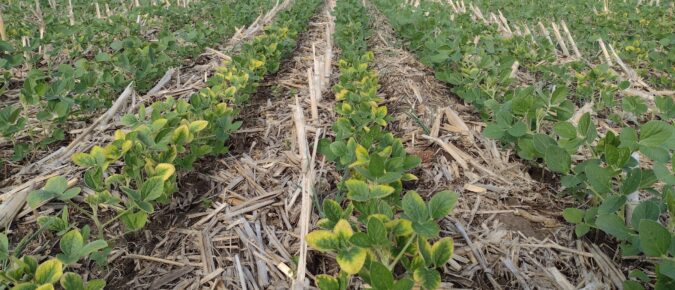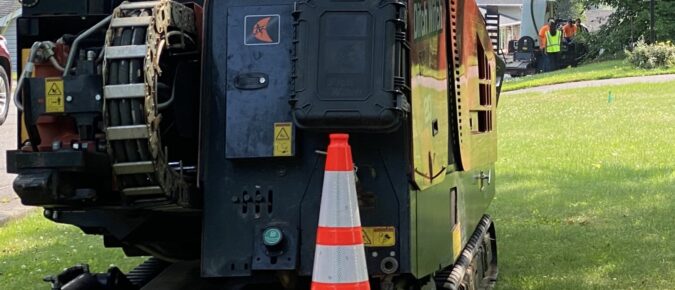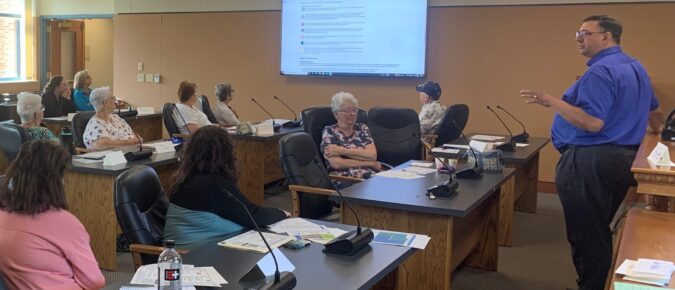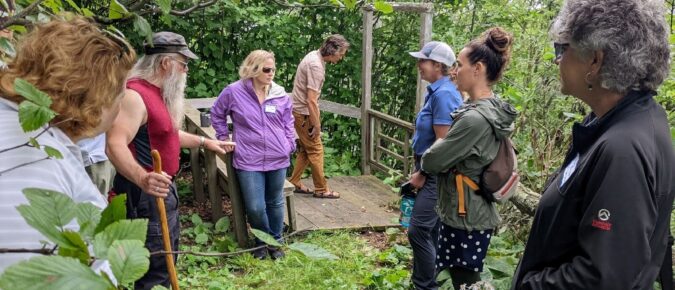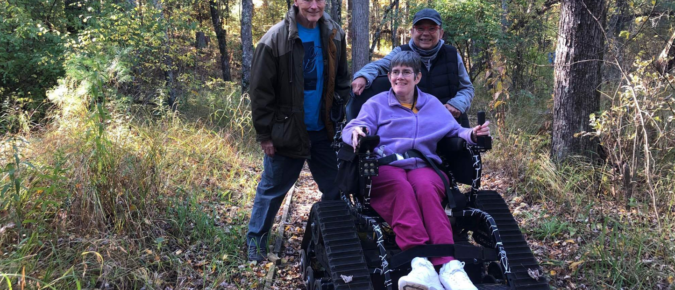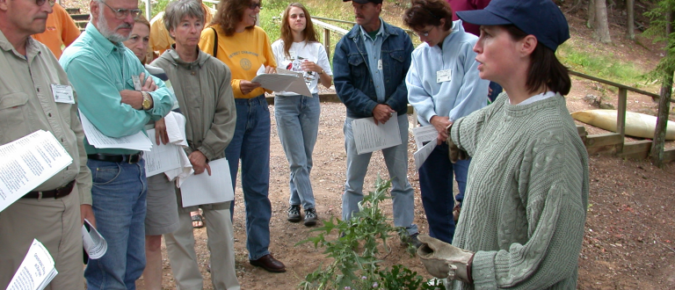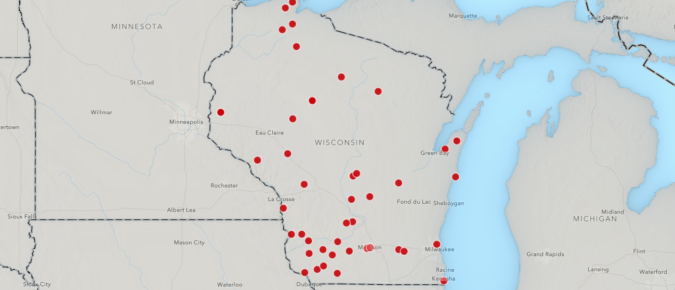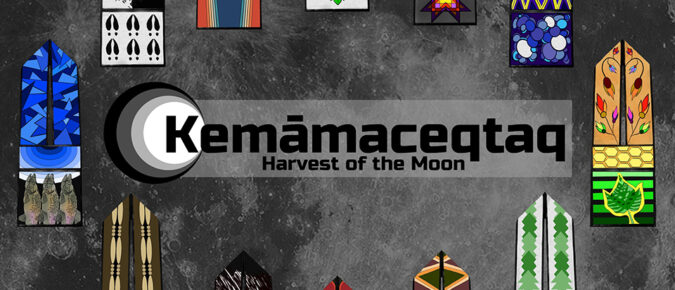While early 2023 Wisconsin weather was characterized by typical average temperatures and precipitation, wide variability and erratic weather created cool, wet early spring field conditions. In May, much of the state experienced a rapid shift to hot, dry weather. The speed with which the drought came on led to the designation of “flash drought” for […]
Community Food Systems integrate food production, processing, distribution, consumption, and disposal to enhance the environmental, economic, social, and nutritional health of a particular place. As such, community food systems offer an alternative vision to the dominant food system by shortening the length and increasing the transparency of food supply chains while emphasizing links between food, […]
Wisconsin is committed to ensuring access to broadband service for all its residents. Recognizing the necessity of high-speed internet in today’s digital society, Wisconsin aims to address gaps in internet access, adoption, and affordability by outlining strategies to achieve universal service by 2030, with goals to enhance broadband deployment and adoption and to improve the […]
Business ownership is an important vehicle for wealth creation, especially for members of economically disadvantaged communities. UW–Madison Extension’s Community Food Systems Program serves food business entrepreneurs through direct education, networking, and evaluation to improve entrepreneurs’ readiness and increase their access to licensing and regulatory information and other entrepreneurs. The Food Entrepreneurship Ecosystem Development (FEED) Initiative […]
Over the past decade there has been a need to better understand how decision makers in western Lake Superior orient their roles to issues and challenges that arise, which would provide needed resources and learning opportunities. UW–Madison Extension’s Lake Superior National Estuarine Research Reserve Coastal Training Program (CTP) aims to provide decision makers with opportunities […]
Concerns about young people’s mental health in Wisconsin precede the COVID-19 pandemic — in 2019, 28.5% of Wisconsin high school students reported feeling sad or hopeless. UW–Madison Extension’s Behavioral Health Program provides direct education to young people and adults to build individual knowledge and skills on positive self-management, stress, and coping skills to improve mental […]
Outdoor spaces provide many benefits, including increased life satisfaction and improved physical and mental health. However, many individuals with disabilities experience barriers to accessing outdoor spaces and programming. Since 1941, Upham Woods Outdoor Learning Center has provided young people with educational opportunities focused on environmental and leadership education. In 2022, UW–Madison Extension worked with 18 […]
Private landowners are uniquely positioned to shape the future of Wisconsin’s forests — they own nearly 60% of the state’s forestland. However, relatively few landowners seek management assistance, leaving many acres unmanaged. UW–Madison Extension’s Wisconsin Coverts Project is a free woodland management program for private landowners, which provides landowners with training and resources to manage […]
Critical minerals are an important research topic given their use in the development of batteries and electric vehicles. As a result, it is vital that researchers can examine geological samples easily and without having to repeatedly travel to and from an onsite repository. Part of UW–Madison Extension, the Wisconsin Geological and Natural History Survey (WGNHS) […]
One of the goals of Extension’s Health and Well-Being Institute is to improve the health and well-being of communities through education, policy, systems, and environmental approaches by mobilizing collective action. One way to mobilize collective action is to work with local health coalitions, which are groups of community members and organizations that come together to […]

